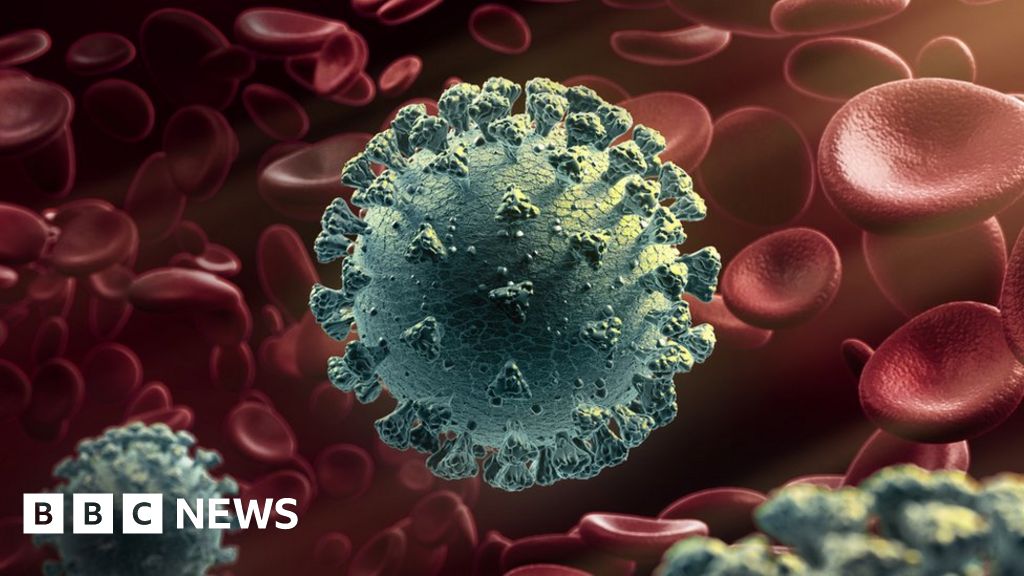You are here
 New coronavirus variant: What do we know? How has a new coronavirus variant become the most common form of the virus in parts of England? BBC News
New coronavirus variant: What do we know? How has a new coronavirus variant become the most common form of the virus in parts of England? BBC News The rapid spread of a new variant of coronavirus has been blamed for the introduction of strict tier four mixing rules for millions of people, harsher restrictions on mixing at Christmas in England, Scotland and Wales, and other countries placing the UK on a travel ban.
So how has it gone from being non-existent to the most common form of the virus in parts of England in a matter of months?
The government's advisers on new infections now say they have "high" confidence that it is more able to transmit than other variants.
All the work is at an early stage, contains huge uncertainties and a long list of unanswered questions.
As I've written before, viruses mutate all the time and it's vital to keep a laser focus on whether the virus' behaviour is changing.
Three things are coming together that mean it is attracting attention:
- It is rapidly replacing other versions of the virus
- It has mutations that affect part of the virus likely to be important
- Some of those mutations have already been shown in the lab to increase the ability of the virus to infect cells
All of these come together to build a case for a virus that can spread more easily.
However, we do not have absolute certainty. New strains can become more common simply by being in the right place at the right time - such as London, which had only tier two restrictions until recently. ...
ALSO SEE: The looming questions scientists need to answer about the new variant of the coronavirus --STAT



Recent Comments